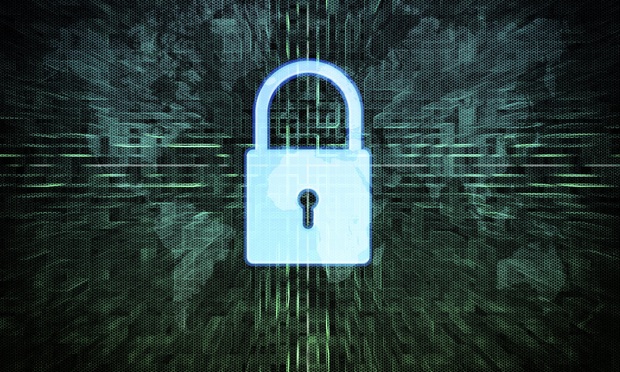A new case in California may help employers fight the theft of sensitive information by former employees, according to Jeffrey Polsky of Fox Rothschild. “The Computer Fraud and Abuse Act (CFAA) may be one way for employers to recover for their economic harm,” he explains. At least one judge has said CFAA liability doesn’t require hacking and can arise when an employee or former employee still has computer passwords but no longer permission to access the systems, he says.
“If the person intends to defraud the employer and obtains any information worth $5,000 or more within a 1-year period, or causes damage or loss to the computer system, that person is liable for the employer’s economic harm,” says Polsky. The act even extends to contractors and anyone else who once had access to the system, but no longer has the privilege, he says.
This content has been archived. It is available through our partners, LexisNexis® and Bloomberg Law.
To view this content, please continue to their sites.
Not a Lexis Subscriber?
Subscribe Now
Not a Bloomberg Law Subscriber?
Subscribe Now
LexisNexis® and Bloomberg Law are third party online distributors of the broad collection of current and archived versions of ALM's legal news publications. LexisNexis® and Bloomberg Law customers are able to access and use ALM's content, including content from the National Law Journal, The American Lawyer, Legaltech News, The New York Law Journal, and Corporate Counsel, as well as other sources of legal information.
For questions call 1-877-256-2472 or contact us at [email protected]






